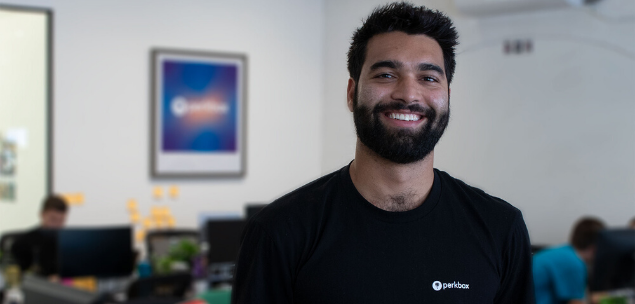There is no denying that COVID-19 pandemic has permanently changed the way we work. You don’t need to look far to see that’s the case. Long deemed an added perk, the ability to work from home – where possible – could now be deemed as an essential feature of the modern workplace. Failing to offer work from home flexibility after the pandemic will likely upset many employees.
Throughout the period, we’ve been in close contact with HR managers and executives around Australia talking about these changes. The common theme coming out of those conversations is that nobody believes that work will simply return to the way it was when the pandemic passes. Yet, nobody is crystal clear on what the transition back to the workplace will look like.
From our standpoint, companies should aim to keep some of the new norms established during this period. Recoiling back to the old ways could not only send a company’s culture backward but also damage the trust employees and employers have garnered with one another during this period. Here are five new workplace norms that we believe companies will need to uphold as COVID-19 eases.
1) Transparent communication, for employee and employers
The bleak situations brought about by COVID-19 have likely brought a new form of candor and honesty to company meetings around Australia. This cuts both ways. Employers are giving their staff an honest read on where the company is at, and their plan to carry through this period. Meanwhile, employees are being more transparent about their workload and what they are doing on a day to day basis.
This has led to productivity gains across workplaces in Australia, and in some ways teams across Australia may be more engaged in their work than ever before. But for this to continue, it needs to remain a two-way exchange after COVID-19. Companies cannot expect transparency from their staff if they aren’t honest about the company’s progress. Obviously, some information will always be confidential, but we believe many organisations over this period have learned the value of opening up to their team and building trust through doing so.
2) Integrating health and wellbeing into the workplace
Before COVID-19, some companies offered fitness memberships and classes as perks. Now, we’re seeing communal fitness being used as a form of team building. Whether it’s a weekly burpee challenge or a group yoga class, employees are starting to expect that companies will take a stake in their overall health and wellbeing.
The typical corporate view on this would be that healthier employees are more productive employees. But I think this rhetoric has given way to the potential team and culture building benefits of company fitness programs and group physical activities.
3) Companies managing the whole person, and not just the worker
COVID-19 has given companies an unprecedented insight into the personal lives of their staff. Where once work life and home life were separated, now they are blurred together. We are starting to see others in the workplace as fellow human beings, rather than just as managers or workers.
That old adage of keeping work and life separate will likely give way in a post-COVID-19 world. The idea of bringing your ‘whole-self’ to work has been doing the rounds for a while, but COVID-19 has driven it home. It means that your average manager isn’t just going to have to worry about workplace problems. They will know more about their team and what motivates them than ever before, but in return, they will take on their share of their team’s personal problems and manage around them.
Related: JobKeeper: The winners and the losers
4) Celebrating all milestones, and recognising the value of a simple ‘thank you’
Companies have gone above and beyond to welcome new team members, celebrate birthdays and other key staff milestones. They are making efforts to turn everyday achievements that would usually go unnoticed into something worth calling out and congratulating. Many have also personally thanked their staff for their efforts and where possible, rewarded them.
These behaviors have a tangible impact on office culture and the morale of an office. And as many companies will have realised during this period, they aren’t that difficult to action. If anything, COVID-19 has proven the value of positive reinforcement as a management tool and heeding this lesson, many companies will seek to leverage it during the recovery.
5) Listening to staff, both individually and collectively
The one point that underpins all of this guidance, more than ever before companies are listening to their staff. The key difference now is that they consider each team member individually as well as the broader group.
In some ways, remote working makes this easier. Many firms are using data right now to replace their ‘gut feel’ on office culture — which is hard to attain when you aren’t in the office. Meanwhile, other companies have rolled out more regular one-on-one video chats. There is value in both methods. While the use of culture-based data was already on the rise in HR, we expect more organisations to supplement it with further feedback from one-on-one meetings.
This isn’t new for a lot of HR leaders out there. But we expect it to become considerably more common post-COVID-19.
Perhaps our biggest warning to companies out there is to not expect work to just return to normal once we are allowed back in the office. This event has changed how we think about work, and how it fits into our lives. To thrive during the recovery phase, companies need to take this into consideration and adapt. Most have already changed once at breakneck speeds to function during COVID-19. So a second more considered shift during the recovery process shouldn’t be out of the question.

